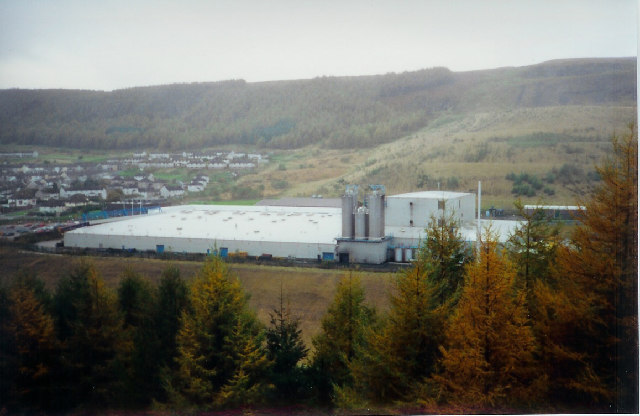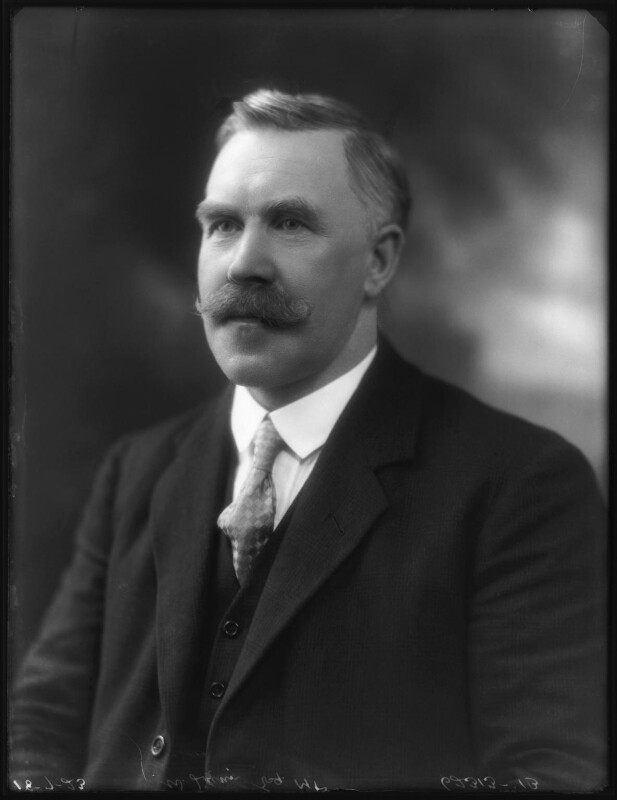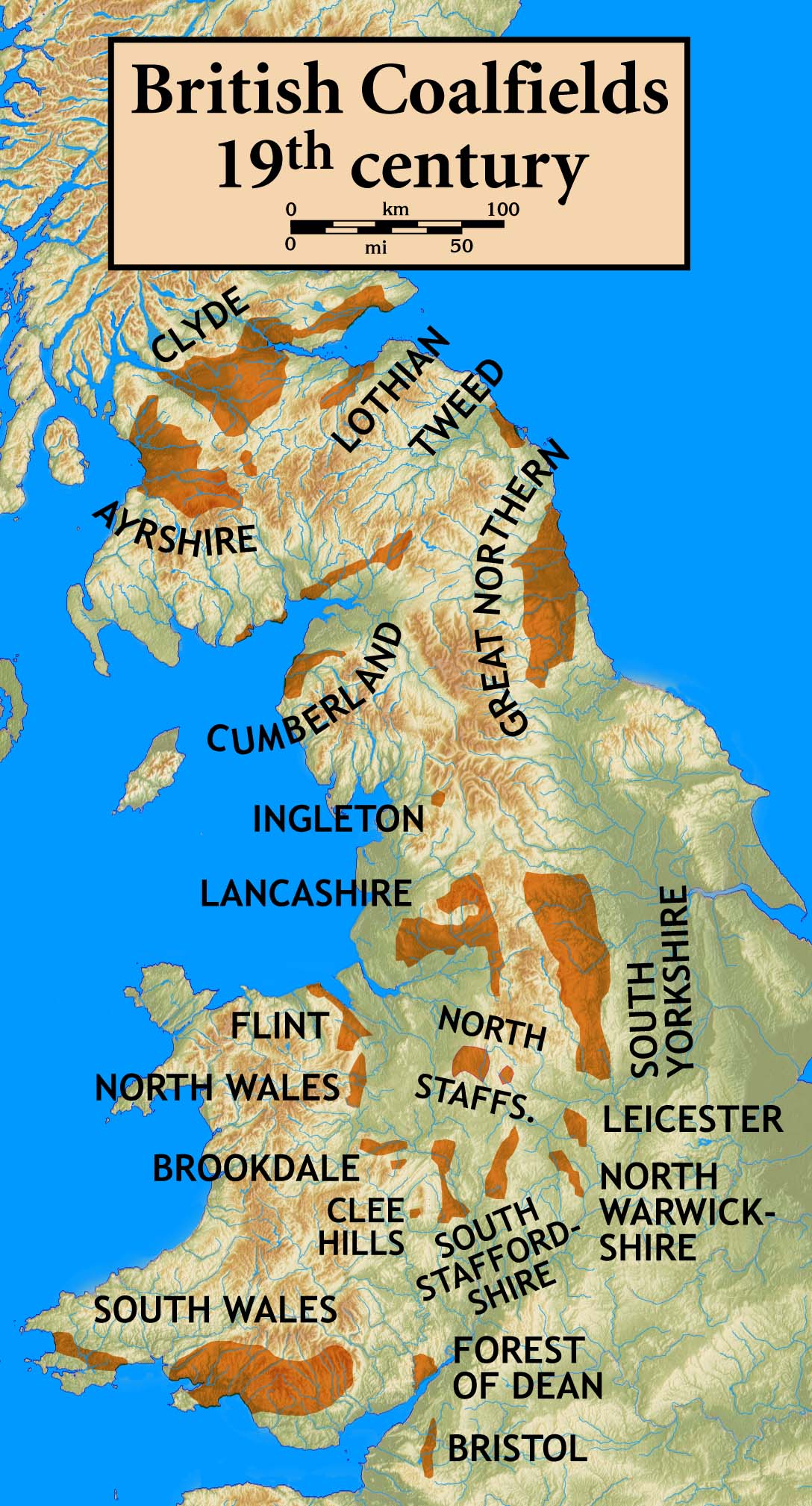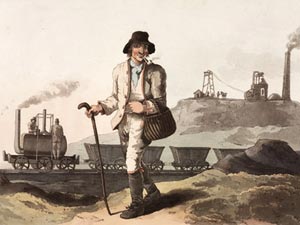|
Checkweighman
{{Short description, Occupation within mining, especially coal A checkweighman (occasionally checkmeasurer or checkweigher) is a person who is responsible for weighing coal or another mined substance, and thereby determining the payment due to each worker. In many coal mines, workers have been paid by the weight of coal they mine. Historically, it was impractical to weigh the coal until it had been conveyed to the surface, and therefore the system required a high level of trust. Checkweighmen appointed by the colliery management were often accused of underestimating weights, or even working with scales which they knew to produce incorrect values.Eric Arensen, ''The Human Tradition in American Labor History'', pp.73-74Brian Kelly, ''Race, Class, and Power in the Alabama Coalfields, 1908-21'', pp.68-69 From the mid-19th century, there was a movement in many countries among miners and their trade unions to make the position of checkweighman an elected one. This right was won in the ... [...More Info...] [...Related Items...] OR: [Wikipedia] [Google] [Baidu] |
Jack Lawson
John James Lawson, 1st Baron Lawson, PC (16 October 1881 – 3 August 1965) was a British trade unionist and a Labour Party politician. A miner and later Member of Parliament in County Durham, he served in the governments of Ramsay MacDonald and Clement Attlee. In 1950 he was ennobled as Baron Lawson, of Beamish in the County of Durham, and is sometimes referred to as Lord Lawson of Beamish. Background Lawson was born in the port town of Whitehaven, Cumberland, and grew up in the nearby village of Kells. His father John Lawson was a sailor and miner who had begun working in a colliery by the age of nine, sailed round the world by eleven, and later served in the Royal Naval Reserve. His mother, Lisbeth Savage, was a strict disciplinarian. Both parents were illiterate and the family lived in extremes of poverty common at the time. At the age of three, Lawson was sent to the local National School, Glass House School. Here, he learned to read, developing an avid interest in p ... [...More Info...] [...Related Items...] OR: [Wikipedia] [Google] [Baidu] |
Arthur Horner (trade Unionist)
Arthur Lewis Horner (5 April 1894 – 4 September 1968) was a Welsh trade union leader and communist politician. During his periods of office as President of the South Wales Miners Federation (SWMF) from 1936, and as General Secretary of the National Union of Mineworkers (NUM) from 1946, he became one of the most prominent and influential communists in British public life.Fishman 2010 Vol 1 p. 19 Early career Arthur Horner was born in Merthyr Tydfil, South Wales, the eldest surviving son of a family of seventeen children only six of whom lived past infancy. Horner's father was a chargehand porter in the railway goods station. His maternal grandfather and two maternal uncles were miners. His earliest employment was as a grocer's assistant and delivery boy in the coalfield communities around Merthyr. After a short spell in Merthyr railway goods station he was drawn into coalmining employment in 1915 due to his growing interest in the political radicalism of trade union activists ... [...More Info...] [...Related Items...] OR: [Wikipedia] [Google] [Baidu] |
Mardy Colliery
Maerdy Colliery was a coal mine located in the South Wales village of Maerdy ( cy, Y Maerdy), in the Rhondda Valley, located in the county borough of Rhondda Cynon Taf, and within the historic county boundaries of Glamorgan, Wales. Opened in 1875, it closed in December 1990. History Maerdy derives its name from a large farmhouse on a bank of the Rhondda Fach, which became the local meeting place for both court matters and worship. Maerdy is the Welsh word for ''mayor's house''. While other areas of the South Wales coalfield had been exploited up to 50 years earlier, due to the scarcity and difficult access conditions of Rhondda Fach, it remained largely undeveloped. But the demand for steam coal drove development and, in 1874, Mordecai Jones of Brecon and Nantmelyn purchased the mineral rights around the farmhouse and its surrounding lands from the estate of the late Crawshay Bailey for £122,000. Additional capital was provided by a partner, J. R. Cobb, and a trial pit w ... [...More Info...] [...Related Items...] OR: [Wikipedia] [Google] [Baidu] |
Noah Ablett
Noah Ablett (4 October 1883 – 31 October 1935) was a Welsh trade unionist and political theorist who is most noted for contributing to ' The Miners' Next Step', a Syndicalist treatise which Ablett described as 'scientific trade unionism. Ablett was born in 1883 in Porth, Rhondda to John and Jane Ablett;Lloyd (1958), pg 1113. he was the tenth child of eleven. Originally intending to join the ministry, Ablett was turned to the plight of the poor pay and working conditions of the Rhondda coal miners. A keen learner, he won a scholarship to Ruskin College, Oxford in 1907 and while there was part of the college strike and subsequent movement that saw the creation of the Marxist educational group, the Plebs' League. On returning to the valleys he set up Marxist educational classes and was part of minimum wage agitation. In 1911, Ablett became a checkweighman at Mardy Colliery in Maerdy and later that year was one of the founders of the Unofficial Reform Committee. The following ye ... [...More Info...] [...Related Items...] OR: [Wikipedia] [Google] [Baidu] |
William Lunn (politician)
William Lunn (1 November 1872 – 17 May 1942) was a Labour Party politician in the United Kingdom. Professional life Born in Rothwell, Lunn began working as a coal miner when he was twelve years old. He was later elected as checkweighman at Middleton Colliery, serving for twenty years. Lunn was a supporter of the Labour Party, and served on Rothwell Urban District Council and the Hunslet Board of Guardians. He stood unsuccessfully in the 1912 Holmfirth by-election. He was elected at the 1918 general election as Member of Parliament (MP) for the newly created Rothwell constituency, and held the seat until he died in office in 1942, aged 69. In 1924, Lunn served in Ramsay MacDonald's short-lived First Labour Government as Secretary for Overseas Trade, a junior ministerial post subordinate to the President of the Board of Trade. When the Second Labour Government took office in June 1929, Lunn was appointed as Under-Secretary of State for the Colonies. He was ... [...More Info...] [...Related Items...] OR: [Wikipedia] [Google] [Baidu] |
Herbert Smith (trade Unionist)
Herbert Smith (17 July 1862 – 16 June 1938) was a British trade unionist and miner. Born in Kippax, West Yorkshire, Smith was orphaned at a young age and spent time in a workhouse before being adopted by a local couple, one of whom was a miner. He later said that he never went to school. Smith then studied in Glasshoughton and Pontefract, and began working as a miner at the age of ten. Smith became active in his union, being elected to the branch committee at the age of seventeen, then in 1894 becoming a checkweighman. In 1896 he became Chairman of Castleford Trades Council, and in 1906 he became President of the Yorkshire Miners' Association. He joined the Independent Labour Party, and was elected to the West Riding County Council in 1903, and stood unsuccessfully for the Labour Party in Morley at the December 1910 general election. He was later elected as a councillor in Barnsley. [...More Info...] [...Related Items...] OR: [Wikipedia] [Google] [Baidu] |
Thomas Isaac Mardy Jones
Thomas Isaac Mardy Jones (21 January 1879 – 26 August 1970) was a British politician and miner. The son of a Welsh miner Thomas Isaac, who later died in the mines, Jones rose up the ranks of the Labour Party (UK), Labour Party to become Member of Parliament (United Kingdom), Member of Parliament for Pontypridd (UK Parliament constituency), Pontypridd in 1922. Early life Thomas was educated at Ferndale board school before starting work as a coalminer aged 12. Since both his father and grandfather had died in coal-mining accidents, he was required to earn enough to support a family of six. He nonetheless managed to attend Ruskin College, Oxford, to study political and economic history for two years. Upon his return to south Wales, he successfully persuaded the South Wales Miners' Federation to offer ten college scholarships to miners. Career Mardy Jones began his political career as lecturer in south Wales for the Independent Labour Party. In 1907, he assumed the position of ... [...More Info...] [...Related Items...] OR: [Wikipedia] [Google] [Baidu] |
Robert Smillie
Robert Smillie (17 March 1857 – 16 February 1940) was a Scottish trade unionist and Labour Party politician. He was a leader of the coal miners, and played a central role in moving support from the miners away from the Liberal Party to the Labour Party. He had a firm commitment to socialism as an ideal, and militancy as a tactic. Early life Born in Belfast, the second son of John Smillie, a Scottish crofter. Until his adult years, he spelt his name as "Smellie"; including on his wedding certificate in 1878. During his early years, he was orphaned and brought up by his grandmother who taught him how to read and write. By the age of nine, he was working as an errand boy and by the age of eleven, he was working at a spinning mill. He was able to obtain some books by authors such as Charles Dickens, Robert Burns and William Shakespeare, but his education suffered as he had to provide income for the family. By the age of fifteen, he had left Ireland for Glasgow, where he found emp ... [...More Info...] [...Related Items...] OR: [Wikipedia] [Google] [Baidu] |
Coal Miners
People have worked as coal miners for centuries, but they became increasingly important during the Industrial revolution when coal was burnt on a large scale to fuel stationary and locomotive engines and heat buildings. Owing to coal's strategic role as a primary fuel, coal miners have figured strongly in labor and political movements since that time. After the late 19th-century coal miners in many countries were a frequent presence in industrial disputes with both the management and government. Coal miners' politics, while complex, has occasionally been radical, with a frequent leaning towards far-left political views. A number of far-left political movements have had the support of both coal miners themselves and their trade unions, particularly in Great Britain. In France, on the other hand, coal miners have been much more conservative. In India, Coal Miners Day is celebrated on May 4. Radicalism From the mid-19th century onward, coal miners have often built strong connections ... [...More Info...] [...Related Items...] OR: [Wikipedia] [Google] [Baidu] |
Middleton Colliery
The Middleton Railway is the world's oldest continuously working railway, situated in the English city of Leeds. It was founded in 1758 and is now a heritage railway, run by volunteers from The Middleton Railway Trust Ltd. since 1960. The railway operates passenger services at weekends and on public holidays over approximately of track between its headquarters at Moor Road, in Hunslet, and Park Halt, on the outskirts of Middleton Park. Origins: Middleton colliery Coal has been worked in Middleton since the 13th century, from bell pits, gin pits and later "day level" or adits. Anne Leigh, heiress to the Middleton Estates, married Ralph Brandling from Felling near Gateshead on the River Tyne. They lived in Gosforth and left running of the Middleton pits to agents. Charles Brandling was their successor. In 1754, Richard Humble, from Tyneside, was his agent. Brandling was in competition with the Fentons in Rothwell who were able to transport coal into Leeds by river, pu ... [...More Info...] [...Related Items...] OR: [Wikipedia] [Google] [Baidu] |
The Check Weighman At The Tipple
''The'' () is a grammatical article in English, denoting persons or things that are already or about to be mentioned, under discussion, implied or otherwise presumed familiar to listeners, readers, or speakers. It is the definite article in English. ''The'' is the most frequently used word in the English language; studies and analyses of texts have found it to account for seven percent of all printed English-language words. It is derived from gendered articles in Old English which combined in Middle English and now has a single form used with nouns of any gender. The word can be used with both singular and plural nouns, and with a noun that starts with any letter. This is different from many other languages, which have different forms of the definite article for different genders or numbers. Pronunciation In most dialects, "the" is pronounced as (with the voiced dental fricative followed by a schwa) when followed by a consonant sound, and as (homophone of the archaic pro ... [...More Info...] [...Related Items...] OR: [Wikipedia] [Google] [Baidu] |
Ted Williams (politician)
Sir Edward John Williams (1 July 1890 – 16 May 1963) was a British Labour Party politician and diplomat. Williams was born in 1890 in Victoria, Ebbw Vale, Monmouthshire, to Emanuel Williams and his wife Ada (née James). After attending school in Victoria and Hopkinstown, he started working at Waunllwyd colliery, Ebbw Vale, at the age of 12. Keen to educate himself, he rose to become secretary to a colliery company and in 1913 entered the Labour College in London as a student.'Sir Edward Williams: A Long Career of Public Service', ''The Times'', 18 May 1963, p. 10. After three years, Williams was appointed a provincial lecturer for the college, though the Great War disrupted the college and left him unemployed. Forced to return to mining in 1917, he became checkweigher and in 1919 miners' agent to the Garw district of the South Wales Miners' Federation The South Wales Miners' Federation (SWMF), nicknamed "The Fed", was a trade union for coal miners in South Wales. It ... [...More Info...] [...Related Items...] OR: [Wikipedia] [Google] [Baidu] |






.png)